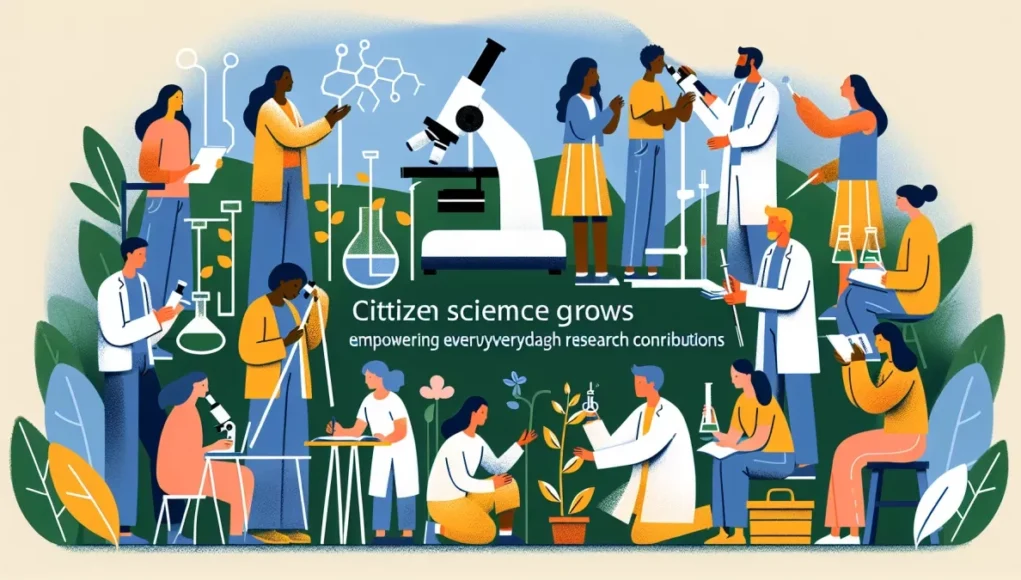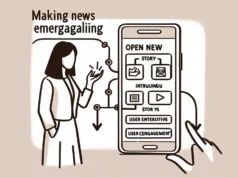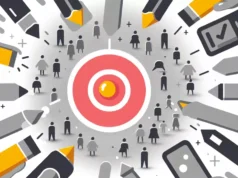In the world of scientific research, a transformative shift is happening, quietly reshaping how we perceive scientific exploration and our individual roles within it. This paradigm shift is citizen science – a rapidly growing field that enables ordinary people to make extraordinary contributions to scientific knowledge. Drawing on the vast interactions of countless individuals, citizen science is unlocking a paradigm shift where everyone, from school children to retirees, can become active participants in scientific discovery.
Citizen science primarily engages non-professional scientists in real-world scientific research. They are not holed up in laboratories or armed with PhDs; instead, they are everyday individuals armed with curiosity and a keen interest in contributing to scientific discovery. Whether it’s counting birds in a local park, testing air quality in an urban neighborhood, or mapping galaxies from a home computer, more and more citizens are becoming budding researchers.
Over the past decade, the rise of digital technology has catalyzed the growth of citizen science. Powerful devices such as smartphones, equipped with high-resolution cameras and precise location-tracking software, paired with easily accessible online platforms and applications, have enabled millions of people worldwide to collect, analyze, and share data. This collective effort not only aids professional researchers in gathering substantial amounts of data but also fosters a hands-on approach to science, thus democratizing the process of scientific discovery.
Today, online platforms such as Zooniverse or Citizen Science Alliance gather millions of users globally, offering a diverse range of projects spanning various scientific fields. Natural History Museum’s Big Bug Hunt encourages gardeners to report sightings of pests, thereby contributing to the creation of pest-alert systems. Meanwhile, on the other hand, applications like NOVA’s Cloud Lab engage users to categorize cloud types and patterns, which aids meteorologists in refining weather prediction models.
Such platforms symbiotically benefit both professional scientists and citizen contributors. On one hand, the enormous amounts of data collected by citizen scientists fuel research, saving scientists valuable time and resources. On the other hand, citizen contributors receive a unique hands-on learning experience, fostering scientific literacy and promoting a community-wide dialogue on scientific issues.
Educationally, citizen science has illustrated a unique potential. A study by the Center for Advancement of Informal Science Education (CAISE) highlighted how engagement with citizen science projects can foster a deeper understanding of the scientific process, motivate learning, and instill an interest in environmental stewardship among students of all ages.
Furthermore, by involving the community directly, citizen science can also help bring about local change. A notable example is the citizen-led initiative in Flint, Michigan that helped uncover the city’s water crisis and spurred immediate corrective action. By testing their tap water independently, local residents identified elevated lead levels, thus highlighting a public health crisis and ensuring the protection of their local community.
While the concept of citizen science holds much promise, it is not without hurdles. Questions about data reliability, privacy, participant motivations, and ethical considerations are among the many challenges this burgeoning field must tackle. However, with the right frameworks and facilitation, these challenges can be mitigated, propelling the citizen science movement forward.
As the race for knowledge becomes more expansive and complex, it is clear that conventional research methods alone cannot keep pace. Citizen science, with its ability to harness the collective passion and power of everyday individuals, stands to remarkably accelerate scientific research.
Our understanding of the world is no longer contingent solely upon expert scientists within research institutes. As the citizen science movement continues to grow, it forges new frontiers in scientific discovery and reaffirms that science, at its core, is a collective pursuit – one to which we can all contribute.
Sources:
Center for the Advancement of Informal Science Education. “Understanding the Persistent and Evolving COVID-19 Infodemic: Recommendations for Health Officials,” CAISE, Web. 30 March 2020
The Linux Foundation. “Mobile Phones Drive Citizen Science Boom.” Linuxfoundation.org. 2021
The Guardian. “The Flint Water Crisis: How Citizen Scientists Exposed Poison Politics”. The Guardian. web. 14 January 2016
University of California, Davis. “Global Citizen Science Standards Proposed to Address Data Quality”. UC Davis. Web. 14 March 2022
Flint Water Study. “Frequently Asked Questions about Our Study.” Flintwaterstudy.org. 2021
Zooniverse. “About Us”. Zooniverse.org. 2021
Citizen Science Alliance. “Redefining the process of Scientific Research by Public Participation.” Citizensciencealliance.org. 2021
The Big Bug Hunt. “Join the Hunt Today!” Bigbughunt.com. 2021
NOVA Labs. “Cloud Lab”. PBS.org. 2021






